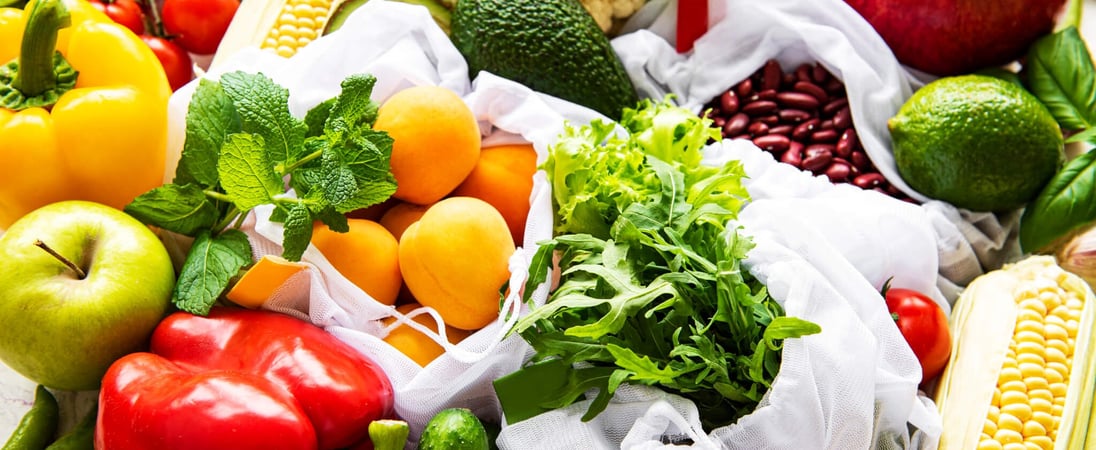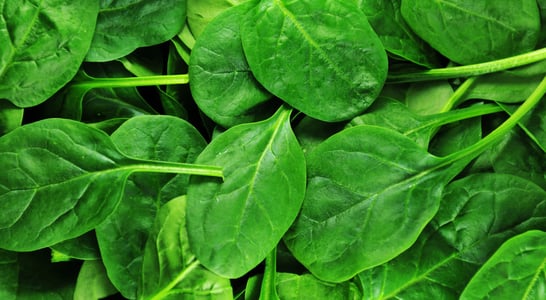
International Day of Awareness of Food Loss and Waste
Minimizing excess and valuing sustenance, addressing this global challenge preserves resources and ensures nourishment for all, fostering a responsible legacy.
Estimates show that hundreds of millions of people face hunger and food insecurity every year but, even so, the world also has a problem with wasted and lost food. Some statistics suggest that 13% of the world’s food is lost after harvest but before making it to the retail stores, while another 17% is lost after arriving at grocery stores, restaurants and households.
As the planet is filled with unsustainable food systems and so many people are experiencing food shortages, the problem of food loss and food waste needs to be solved. And it is with this in mind, the International Day of Awareness of Food Loss and Waste is observed.
History of International Day of Awareness of Food Loss and Waste
It is only in the past two centuries that food loss and food waste has become common, and within the past few decades it has become an even more prevalent problem particularly considering growing populations. With the “progress” that was made through the Industrial Revolution, the supply of food to humans was changed, creating more opportunity for food to be lost or wasted. Instead of farmers supplying food directly to consumers, factories and manufacturers got involved, which delayed the process and created more waste.
In addition, because economic excess exists in many places and people rarely grow their own food, the opportunity and propensity for wasted food is increased among households. Not only is the waste of food a problem because there are many hungry people all over the world, wasted and lost food is also a large contributor to the greenhouse gasses that are ruining the planet.
In 2019, the United Nations General Assembly made a designation for this day to be celebrated as the International Day of Awareness of Food Loss and Waste. The purpose of this event is to increase interest and improve knowledge about the serious problems behind the loss and waste of food.
International Day of Awareness of Food Loss and Waste Timeline
2300 BC
Earliest evidence of composting
Clay tablets in Mesopotamia reveal early practices of composting where heaps of waste were turned into farming plots.[1]
1760-1840
Industrial Revolution takes place
This period of time drastically changes the way people consume food, replacing farm-to-table with factory-to-table. [2]
1932
The Great Depression creates food loss and waste
Although people are very hungry, farmers can’t sell their food because people don’t have money to buy it, so it goes to waste. [3]
2015
UN adopts 2030 Agenda for Sustainable Development
The goals for this global plan for sustainability include cutting the per capita food waste numbers in half. [4]
2019
United Nations designates the day
The 74th UN General Assembly sets aside this day as the International Day of Awareness of Food Loss and Waste. [5]
How to Observe International Day of Awareness of Food Loss and Waste
Looking for ideas on how to observe the International Day of Awareness of Food Loss and Waste? Check out some of these important ideas that can help get individuals and communities involved with reducing food loss and waste:
Learn More About Food Loss and Food Waste
An excellent way to celebrate International Day of Awareness of Food Loss and Waste might be to get more informed and involved with the day. Individuals and households can do their part in preventing personal food waste, as well as starting discussions with their friends or coworkers about this difficult issue. But, even more, large companies and corporations have a big part to play in preventing food loss.
Check out some of these factors and consider getting involved in community efforts or petitioning large corporations to reduce their waste and loss:
-
Petition local or state governments to adopt and require more sustainable agricultural practices for their farmers. Consumers can also make choices to shop only from farmers who engage in these more sustainable and environmentally friendly practices.
-
Make a suggestion to a local grocery store manager, encouraging them to donate “ugly” or about-to-expire produce to a local charity. Often, this perfectly healthy but less-pretty food is thrown away. Instead, it could be given to soup kitchens or food banks to help feed people with food scarcity or hunger problems.
-
Those who work for and manage food corporations or stores can adopt technology that will improve their inventory management systems to help them better predict the purchasing habits of their consumers, potentially saving their companies millions of dollars each year and reducing food waste.
Teach Kids about Food Loss and Waste
Getting the next generation of humans involved with important topics is an excellent way to solve problems for the future. Teachers, parents, scout leaders and others who are influencers in kids’ lives can celebrate International Day of Awareness of Food Loss and Waste by educating kids and getting them excited about ways they can be part of the solution.
Lesson plans, extracurricular activities and events can all raise awareness and get kids connected with the idea of solving the problem of food waste and food loss. From teaching kids not to take food they won’t eat to starting a compost bin at the school, from building a school garden where food is grown to teaching kids how to preserve produce, this day is an ideal opportunity to turn the younger folks into a group of responsible citizens. In addition, teaching older students the math formulas or digital technologies that will help to predict usage would be a great way to ingrain these ideas into these soon-to-be adults.
Practice Food Waste Prevention
On a personal and family level, it is certainly possible to be more attentive to shopping and eating habits, making sure that food does not go to waste. Check out and share some of these important factors that can help to prevent food waste on a local and household level:
- Make Meal Plans. One of the best ways to reduce personal and household food waste is to make a plan for meals, grocery shop with a list for that plan, and then follow through by cooking and eating those meals.
- Consume Leftovers. Depending on the size and appetite of the household, an excellent way to reduce food waste is to incorporate leftovers into the family’s meal plan.
- Learn to Preserve Foods. It wasn’t so long ago that almost every mom or grandma knew how to can the fruits and vegetables from their gardens. Consider this as an alternative to help reduce food waste and having access to produce all winter long.
- Compost. When food scraps and waste are collected and cared for properly, they can turn into healthy fertilizer for gardens and lawns. Some people can do this in their own backyards while others, especially those who live in apartment buildings, might need to check out community composting programs.
International Day of Awareness of Food Loss and Waste FAQs
How to avoid food loss and food waste?
Create a meal plan, avoid overbuying, buy “ugly” produce, eat leftovers and compost to avoid food loss and waste. [1]
What is the difference between food loss and food waste?
Food loss happens before it reaches the consumer (on farms, in storage or transport), while food waste happens in restaurants, stores and households. [2]
Does food waste contribute to climate change?
Yes. Food waste causes greenhouse gasses, including carbon dioxide from the production, transportation and food handling, as well as methane gasses when food ends up in a landfill. [3]
Where does food waste go?
Food waste that is not composted or recycled will likely be sent to a landfill where it produces methane gas.[4]
Which food is wasted the most?
Produce is the most wasted food. Each year, billions of pounds of potatoes, beets, carrots, radishes and other fruits or vegetables are wasted globally. [5]
Also on ...
View all holidaysNational Coffee Day
A beverage that makes the world go round! The aroma, the taste, the energy boost — a good cup of coffee can make every day a little brighter!
National Starbucks Day
Aromatically invigorating and a great way to kickstart your day, this popular beverage is an essential part of daily routines for many.
International Happy Goose Day
Savoring that succulent bird, with its rich, tender meat and a crispy skin, is like having a delightful culinary adventure!
We think you may also like...
Fresh Spinach Day
Grow your muscles like Popeye and boost your overall health by incorporating fresh spinach into your diet, from salads to smoothies to sandwiches.
International Vanlife Cooking Day
Creative culinary adventures unfold in compact mobile kitchens, turning camper van travels into delicious gastronomic journeys.








